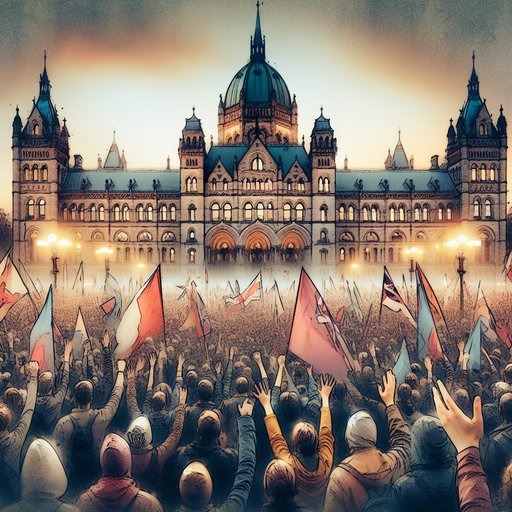
Guinea stands at a critical crossroads as citizens prepare to vote on a new draft constitution, marking a pivotal moment in the nation's democratic journey. The upcoming referendum, taking place four years after a military takeover, has drawn widespread attention and criticism, with opposition groups accusing the ruling junta of attempting to consolidate their grip on power through constitutional reforms [1].
The referendum represents the first major constitutional vote since the military seized control of Guinea four years ago. The proposed changes to the constitution have been presented by the junta as a necessary step toward civilian rule, though critics argue it may actually serve to entrench military influence in the country's governance structure.
Opposition leaders and civil society groups have raised serious concerns about the timing and content of the referendum. They point to specific provisions in the draft constitution that could potentially allow current military leaders to maintain significant political influence even after a transition to civilian rule [1].
The situation in Guinea reflects a broader pattern of constitutional referendums being used as tools for power consolidation in West Africa. Regional observers and international organizations have been closely monitoring the situation, emphasizing the importance of maintaining democratic principles during the transition period.
The referendum's outcome could have far-reaching implications for Guinea's political future and stability. While the junta has promised this vote will help pave the way for democratic elections, skeptics worry it might instead lead to a form of hybrid military-civilian rule that could further complicate the country's path to full democracy.
























